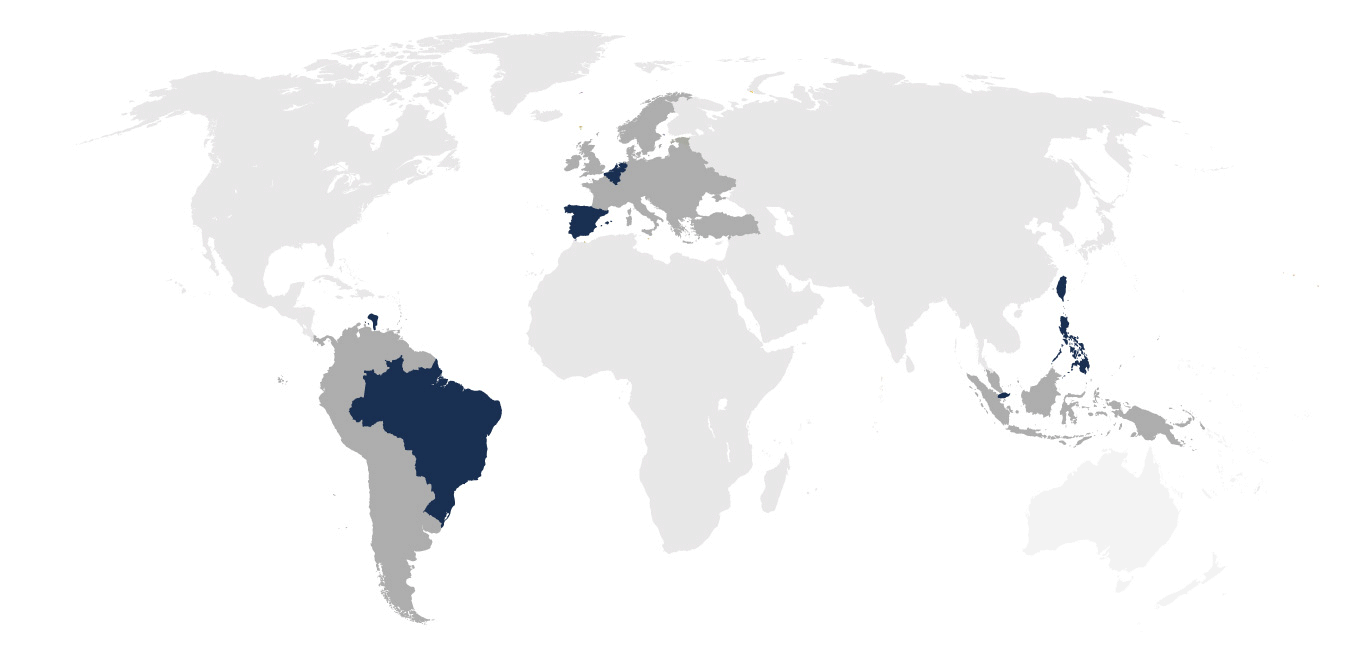
Industrial
SolarNRG Group, in partnership with foreign funders, co-develops solar farms to supply solar power to Philippine industrial clients and cooperatives. SolarNRG also takes on the role of the solar plant’s engineering, procurement, and construction (EPC) and operations and maintenance (O&M).
Commercial
SolarNRG works on solar installations in the Philippines and designs grid-tied rooftop systems for commercial clients in manufacturing, production, malls, cold storage facilities, warehouses, hotels, office spaces, and other retail businesses.
By working with a proven solar company in the Philippines, you can start saving as low as 10% on monthly consumption to as high as 70-80% on your electricity bill. We also offer several finance options, such as lease-to-own and pay-with-savings, allowing businesses to enjoy clean energy use without capital expenditure. With these benefits in mind, installing solar panels for your business will be one of your best decisions yet!
Residential
SolarNRG is a solar company in the Philippines that offers a wide range of residential solar grid-tied rooftop solutions starting at 1kWp turnkey systems. By installing solar panels for your home, you’ll be able to cut costs and transition to an eco-friendly lifestyle!
Our services also include assistance in processing net-metering so clients can enjoy the full benefit of their solar system even when on vacation. Households can now savor free aircon use during the day without worrying about an increased bill or choosing to lower their electricity bill by 30-50%.

PANELS INSTALLED

TREES PLANTED

MWh SAVED

CARS TAKEN OFF THE ROAD
Frequently Asked Questions
What are the different types of solar energy?
Solar thermal (ST) is the second primary type of solar energy after photovoltaic. ST systems harness the sun’s heat for heating or cooling or to convert it into mechanical energy, which it then converts into electricity.
What are the main advantages and benefits of solar energy?
The main advantages of solar energy are that it’s clean and renewable, which means you significantly lessen your electricity-related carbon emissions, and you don’t have to worry about ever running out.
Solar panels’ advantages are mainly reduced electricity costs, low maintenance costs, and less reliance on the standard energy grid. There may also be financial and tax incentives for using renewable energy.
How much power does a single solar panel produce?
While this figure changes depending on the type of solar panel you use, most residential solar panels produce between 250 and 600 watts per hour in the sunlight.
Do solar panels work during the rainy season?
Solar panels are most effective under direct sunlight but will still work even in the cloudiest weather. The rain also helps clean dust and debris off the panels, saving you the effort!
Do solar panels work at night?
The short answer is no; solar panels don’t produce electricity at night. However, with a solar battery, your system powers your home day and night if it makes enough energy during the day.
How much do you save on your electricity bill with solar panels?
This figure depends on how much of your electricity comes from your solar panels. The first few years of savings will be for paying back the system installation costs until you break even. After that period, all the energy you save is pure solar ROI.
Is a solar panel worth it in the Philippines?
At the risk of sounding biased, solar systems are worth it in the Philippines. The country has one of Southeast Asia’s highest average electricity prices, so solar panels’ long-term savings are worth it.
What are the factors to consider when buying and installing solar panels?
There are many factors to consider when buying solar panels. These should include your energy requirements, your roof compatibility, typical weather in your location, warranty terms, and after-purchase maintenance requirements.




